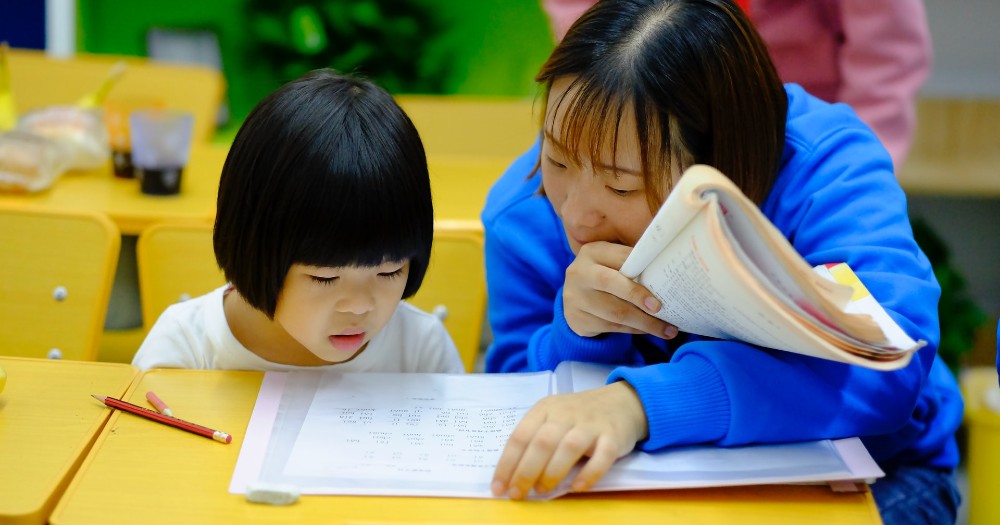Tuition companies in China will be forced to go non-profit, as part of extensive regulations on the private education sector announced by the Chinese government on Saturday (Jul. 24), reported Bloomberg.
These new regulations are aimed at reducing stress among schoolchildren, as well as to ease the financial burden on parents in order to boost declining birth rates.
The new rules are also meant to reduce educational inequality in the country as well, which was exacerbated by the "hukou" system that limits access of students to state universities outside the place where one's household is registered.
Weekend classes banned, companies not allowed to raise capital
According to Xinhua News, the sweeping regulations will require tutoring companies to register as non-profits, ban them from seeking IPOs and receiving foreign investments.
No new licences will be given out.
Tutoring companies will be banned from teaching foreign curriculum or hire foreigners to teach. They will also not be allowed to raise funds publicly or from listed companies
Classes are also no longer allowed to be held on weekends, public holidays and during vacation days.
Private education stocks plummet
Following earlier rumours of the new regulations, Chinese education stocks plummeted by more than 50 per cent on Friday (Jul. 23), Forbes reported.
The capital losses may cause the founders of U.S.-listed companies such as TAL Education Group, Gaotu Techedu, and New Oriental Education & Technology to drop out of the billionaires' club.
According to Bloomberg, major companies in the industry, estimated at US$120 billion (S$163 billion), have committed to adhering to the new restrictions.
Free, state-run classes to be made available
The Chinese State Council also said that they would improve free online learning services in the absence of tuition classes.
The new regulations will not apply to non-academic enrichment classes, such as art or music, according to Bloomberg.
Top photo via Unsplash
If you like what you read, follow us on Facebook, Instagram, Twitter and Telegram to get the latest updates.
